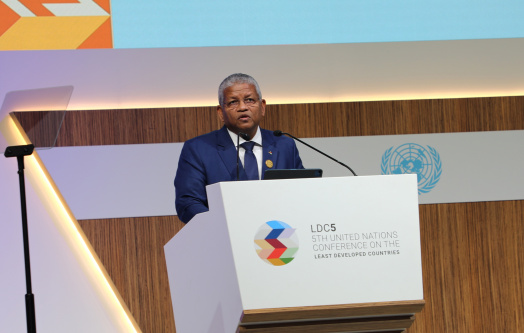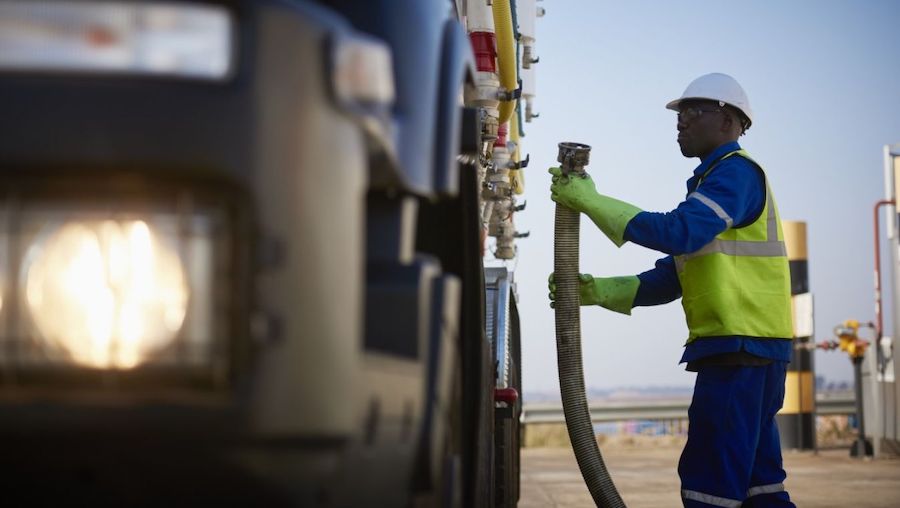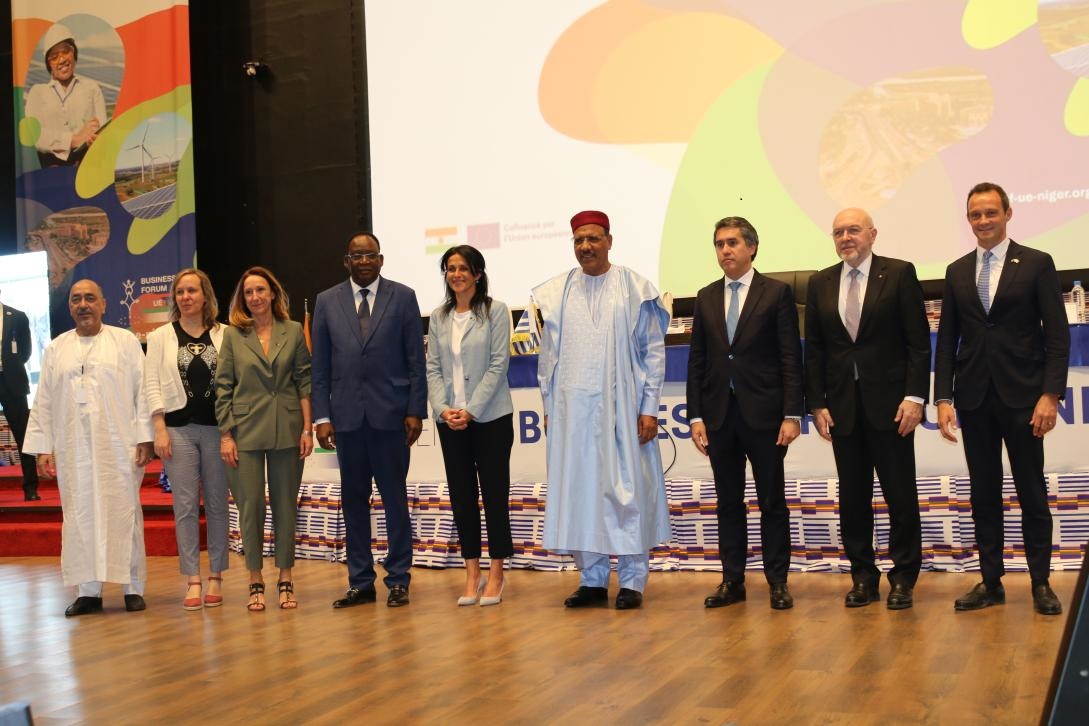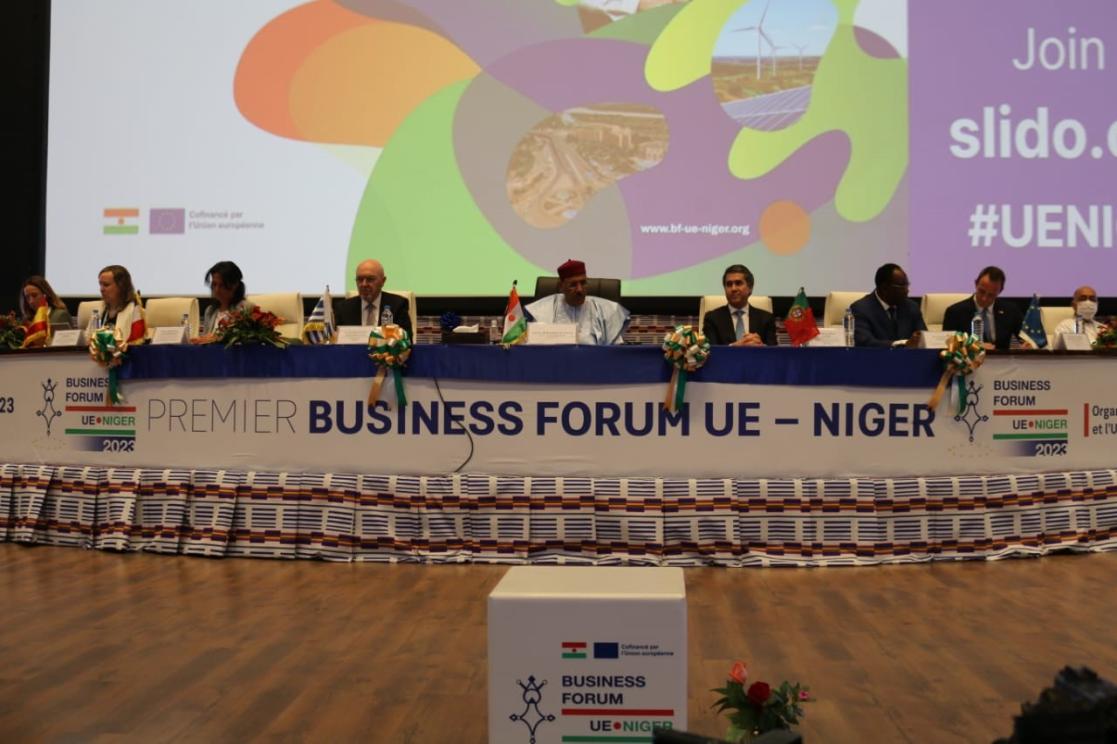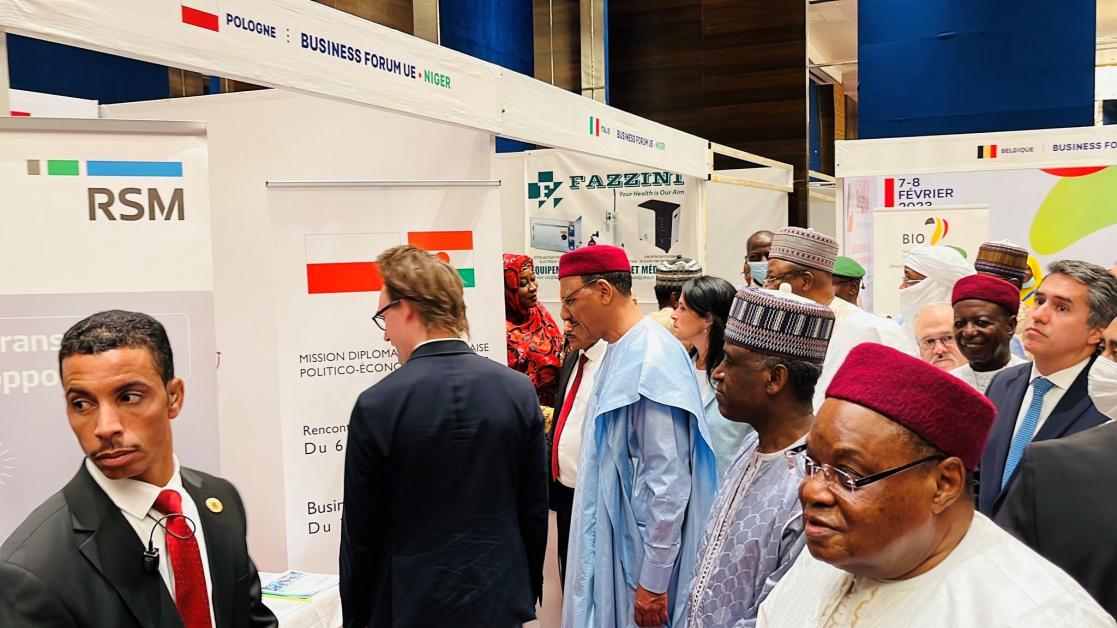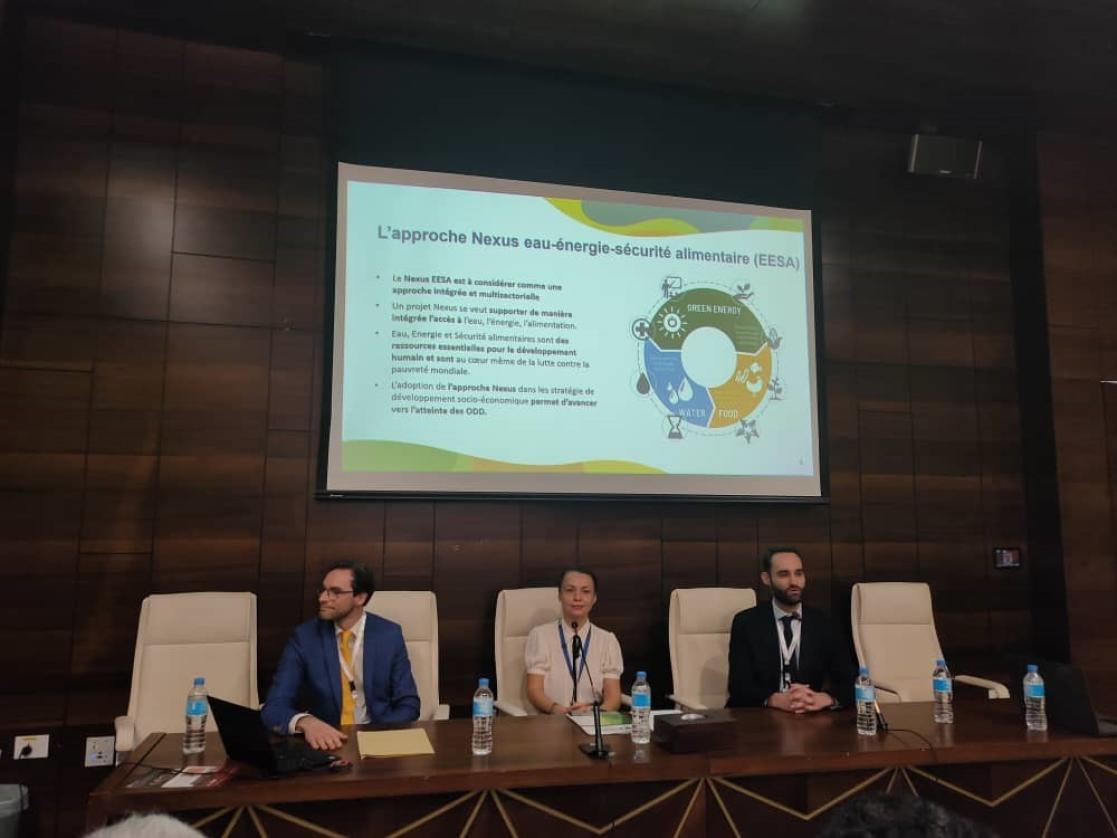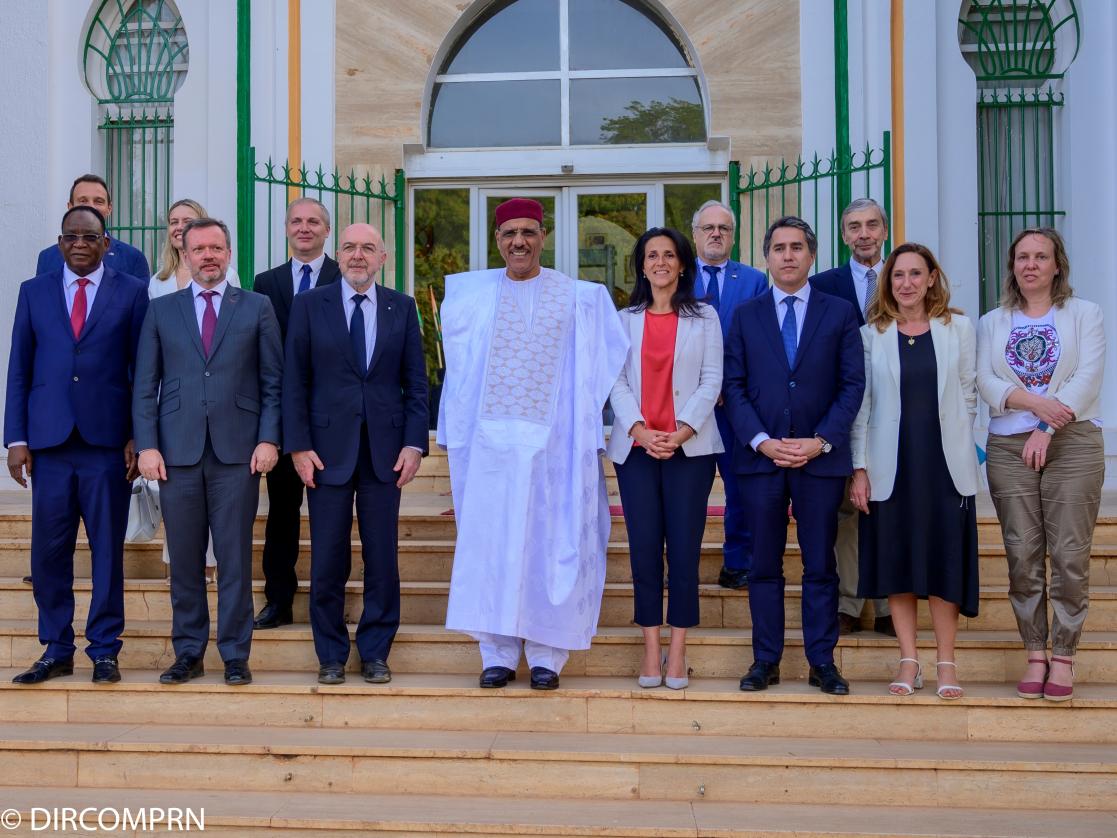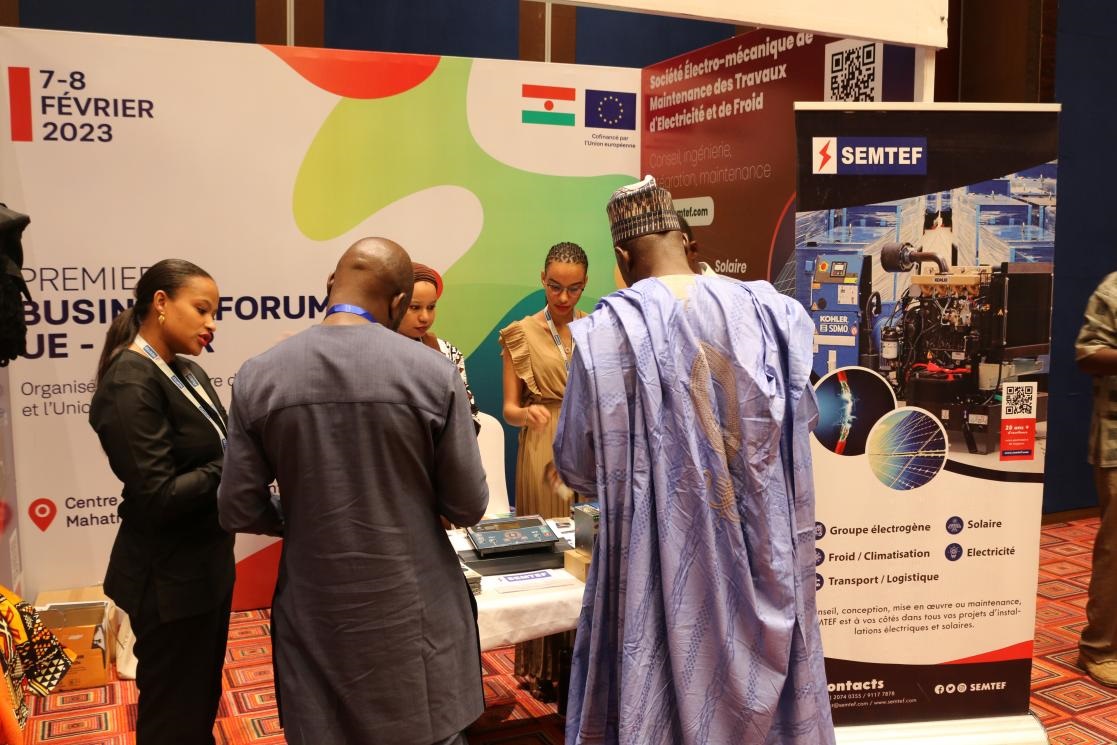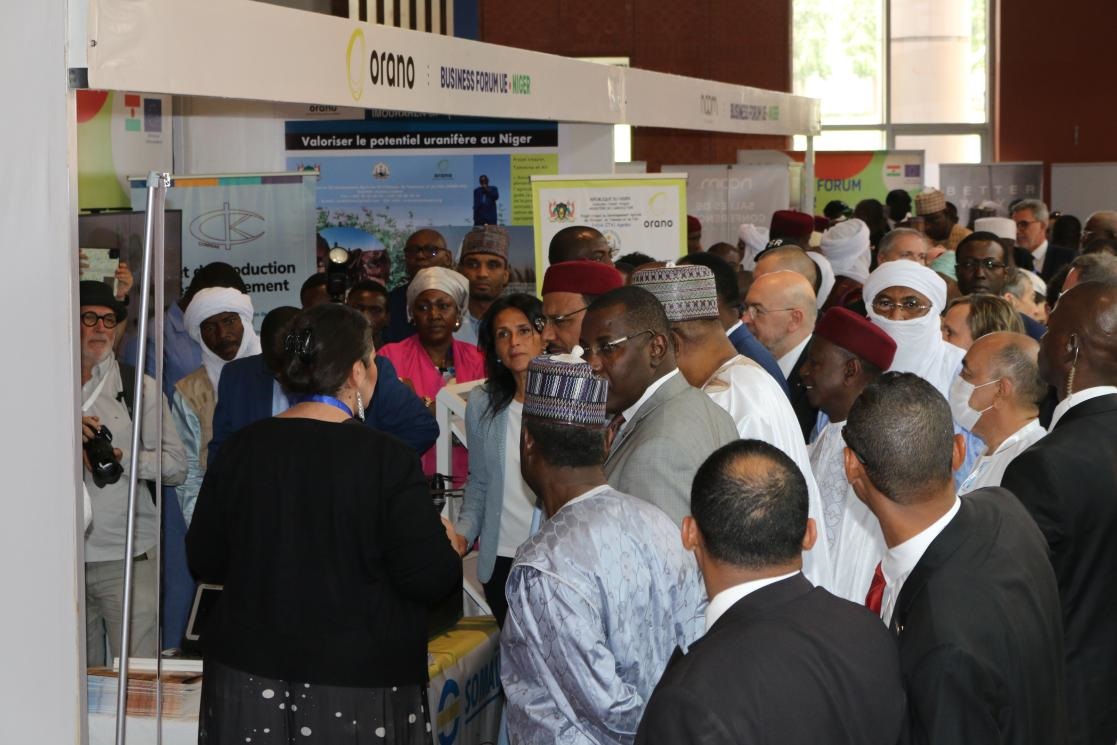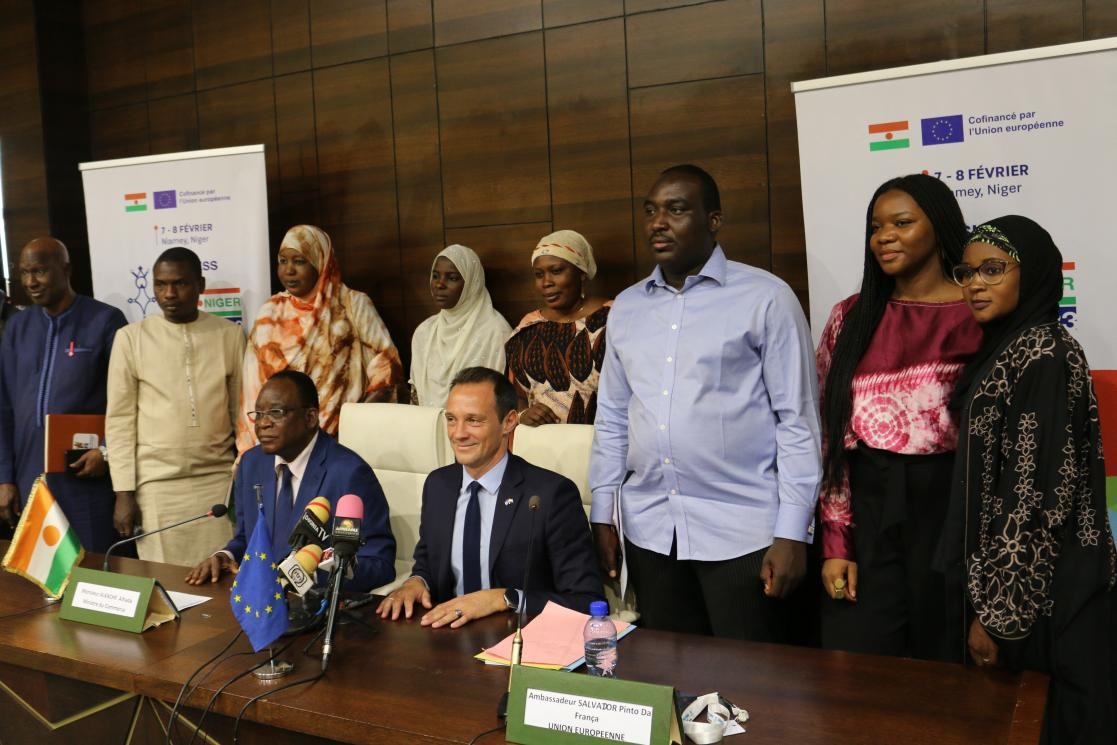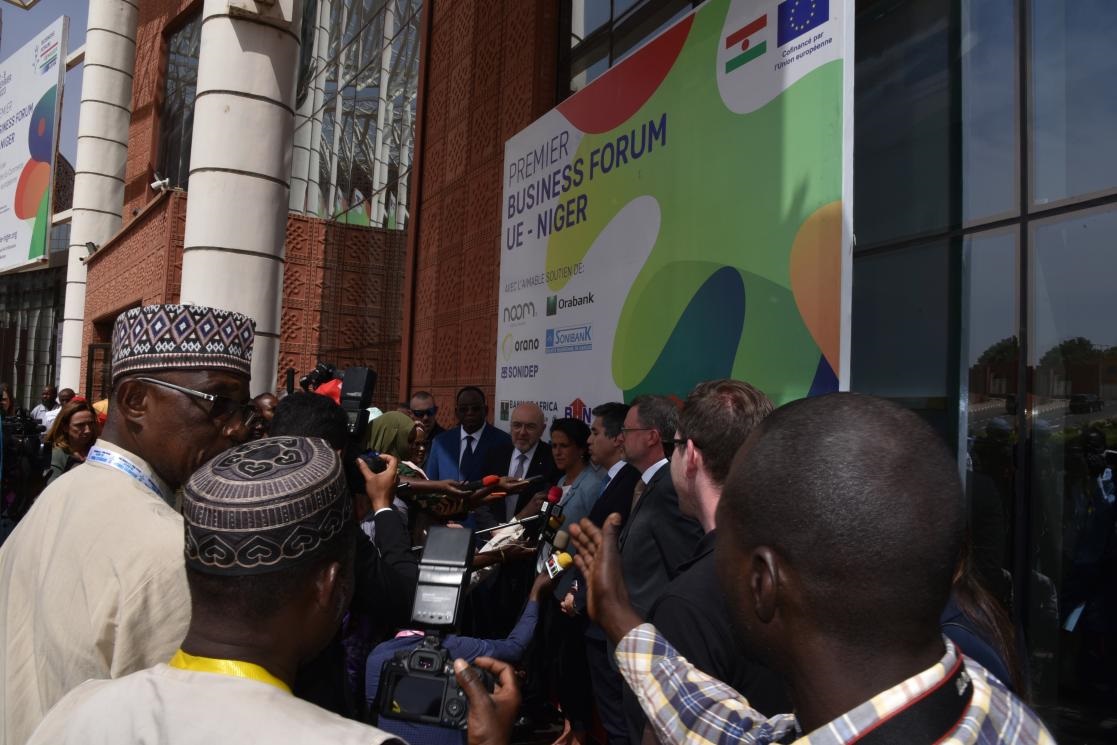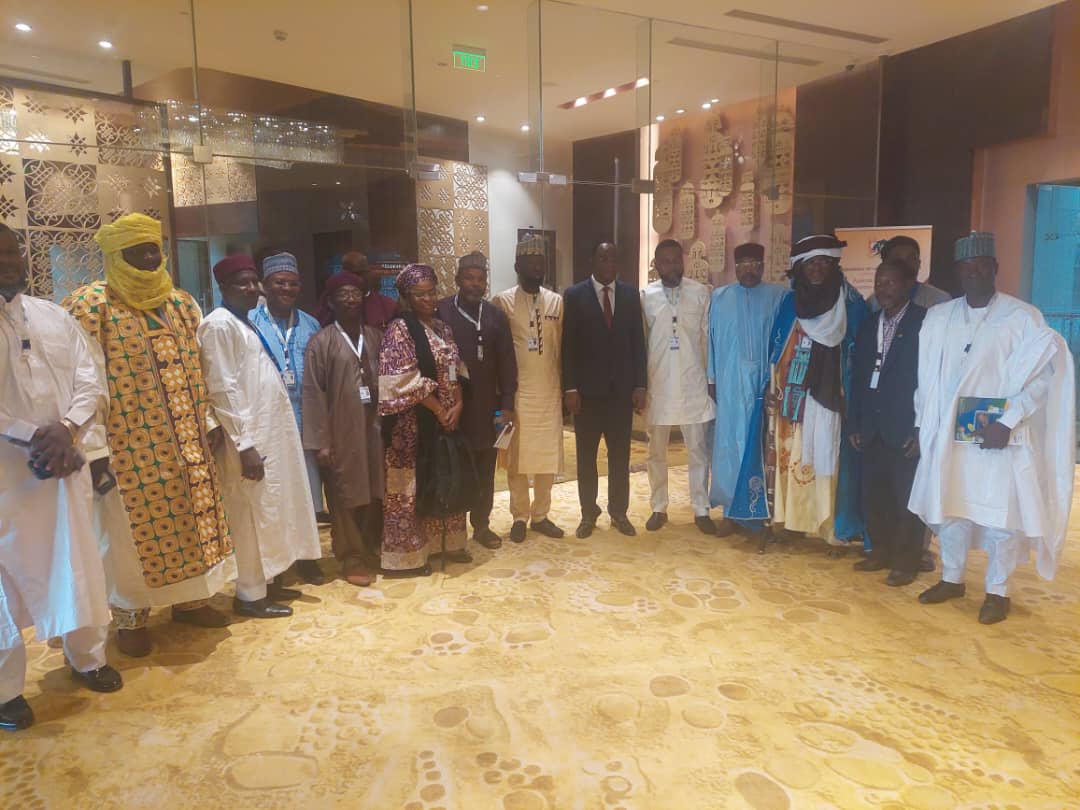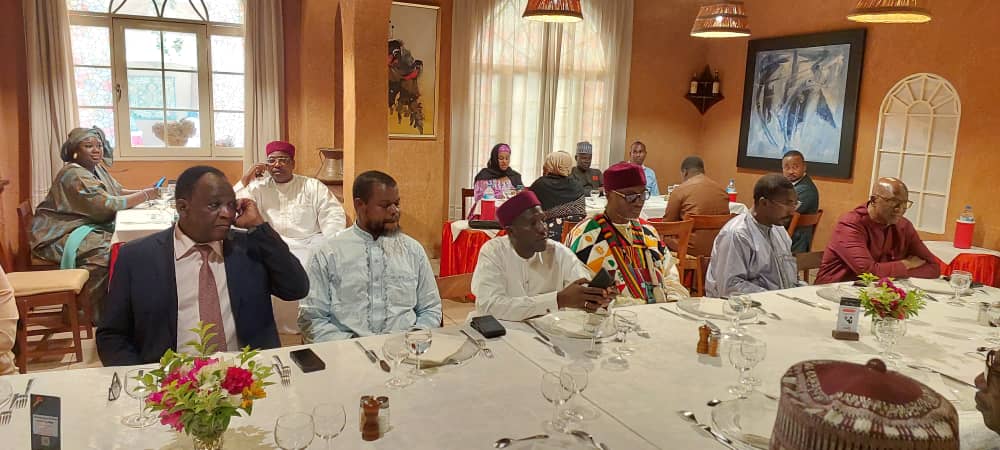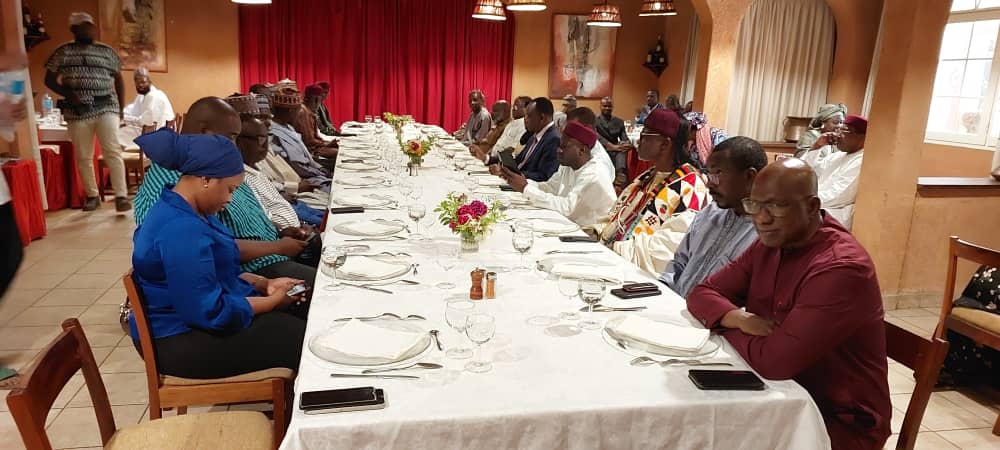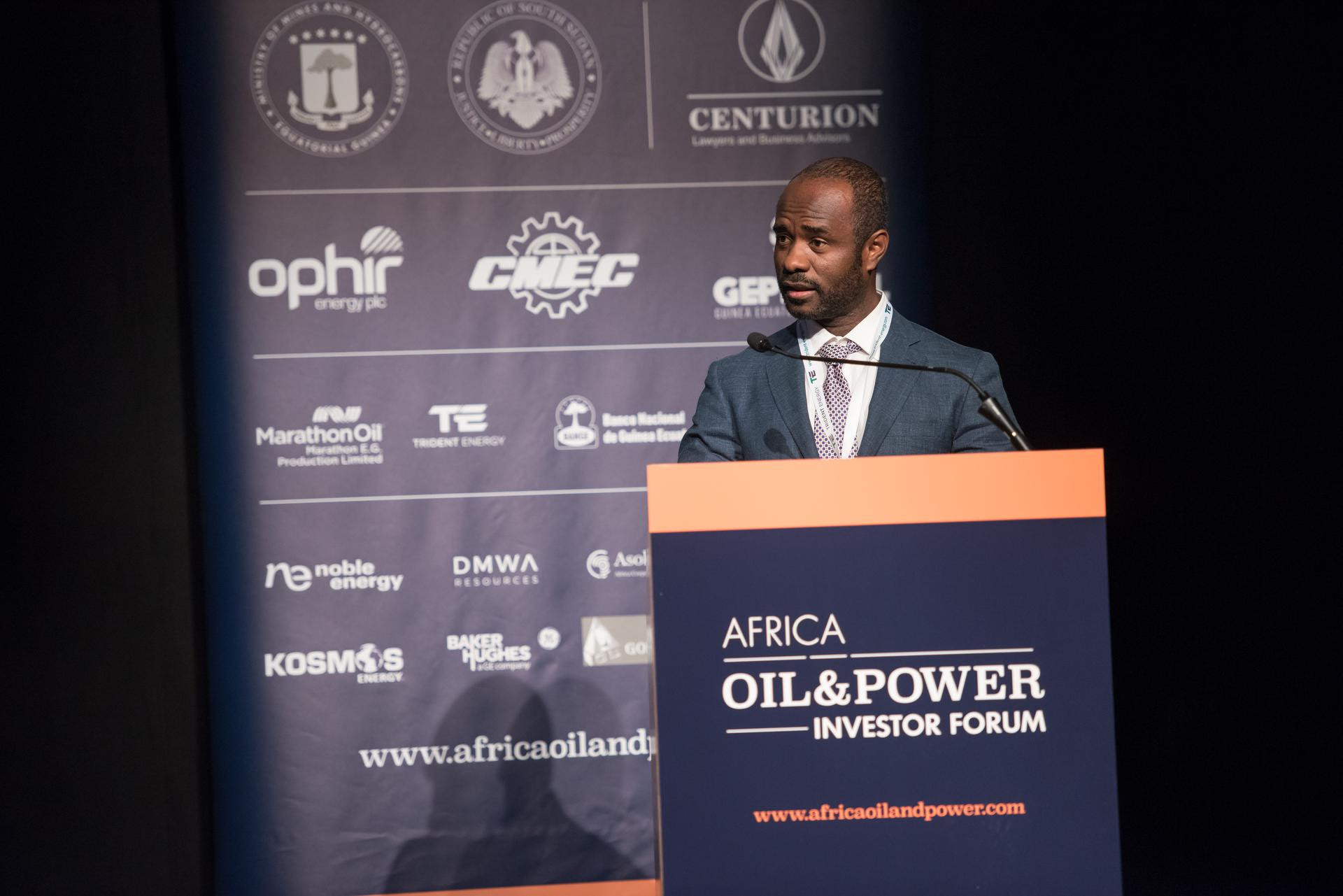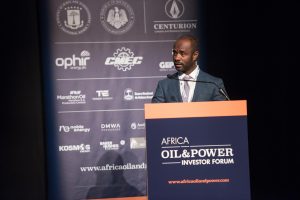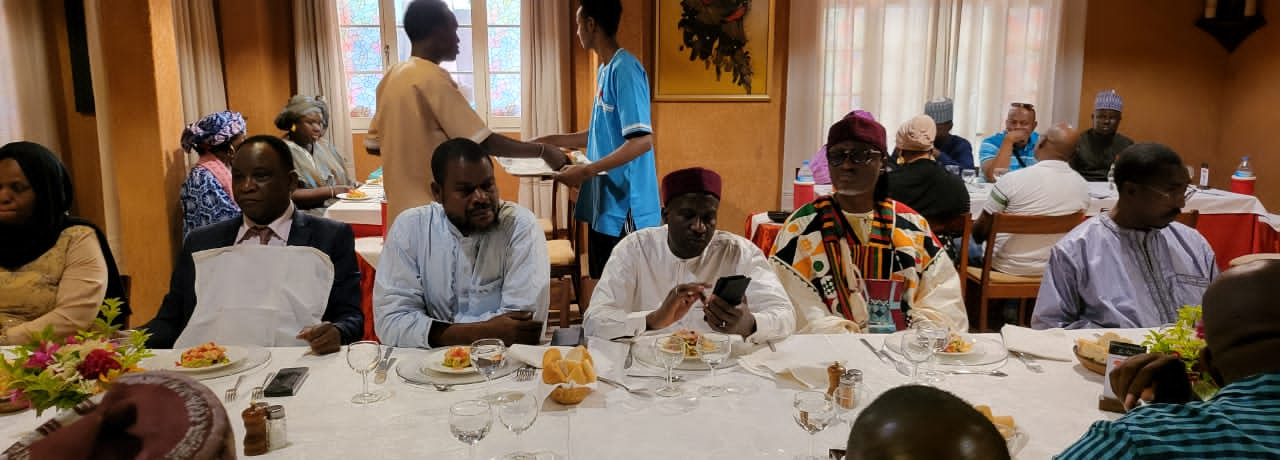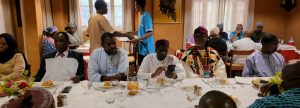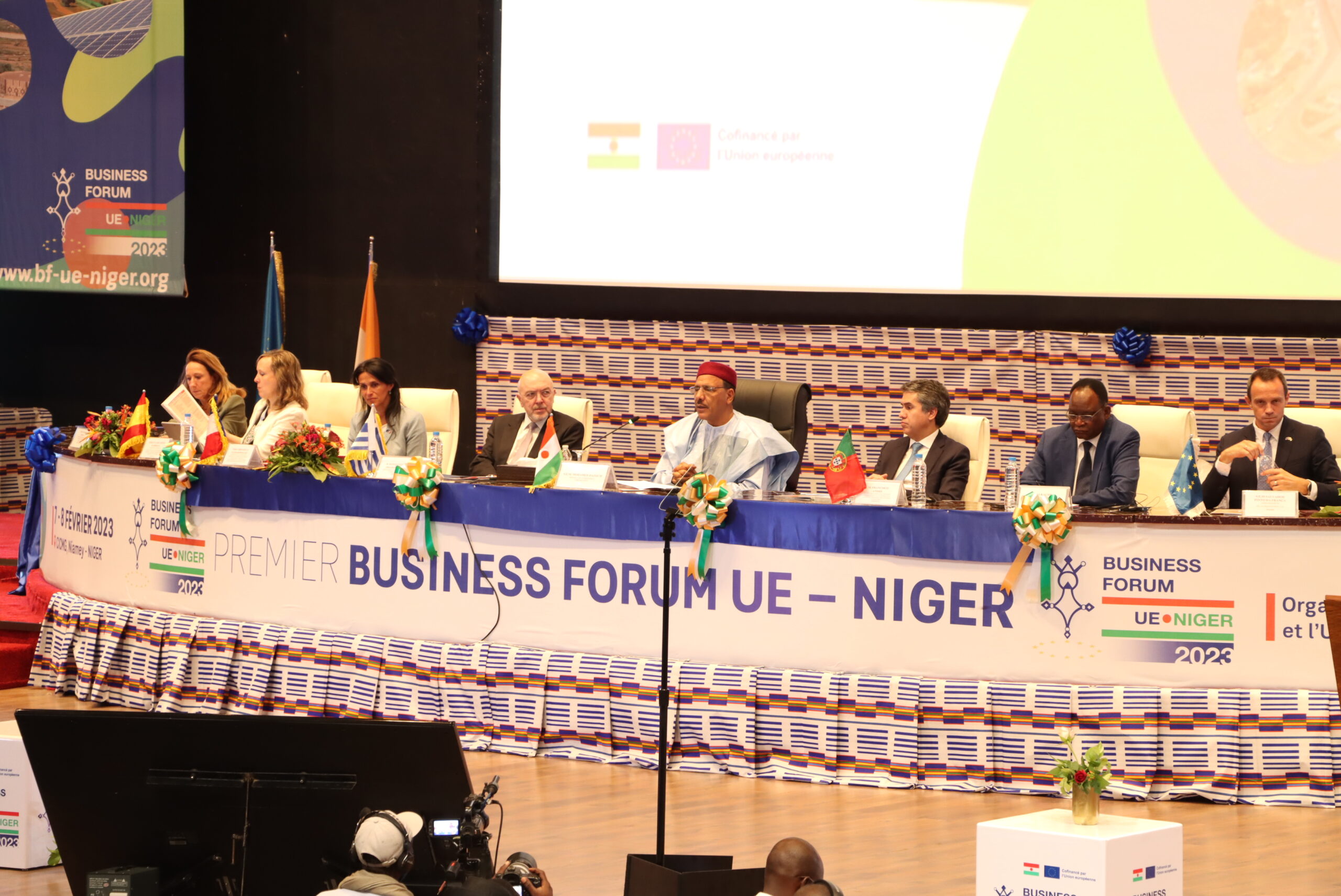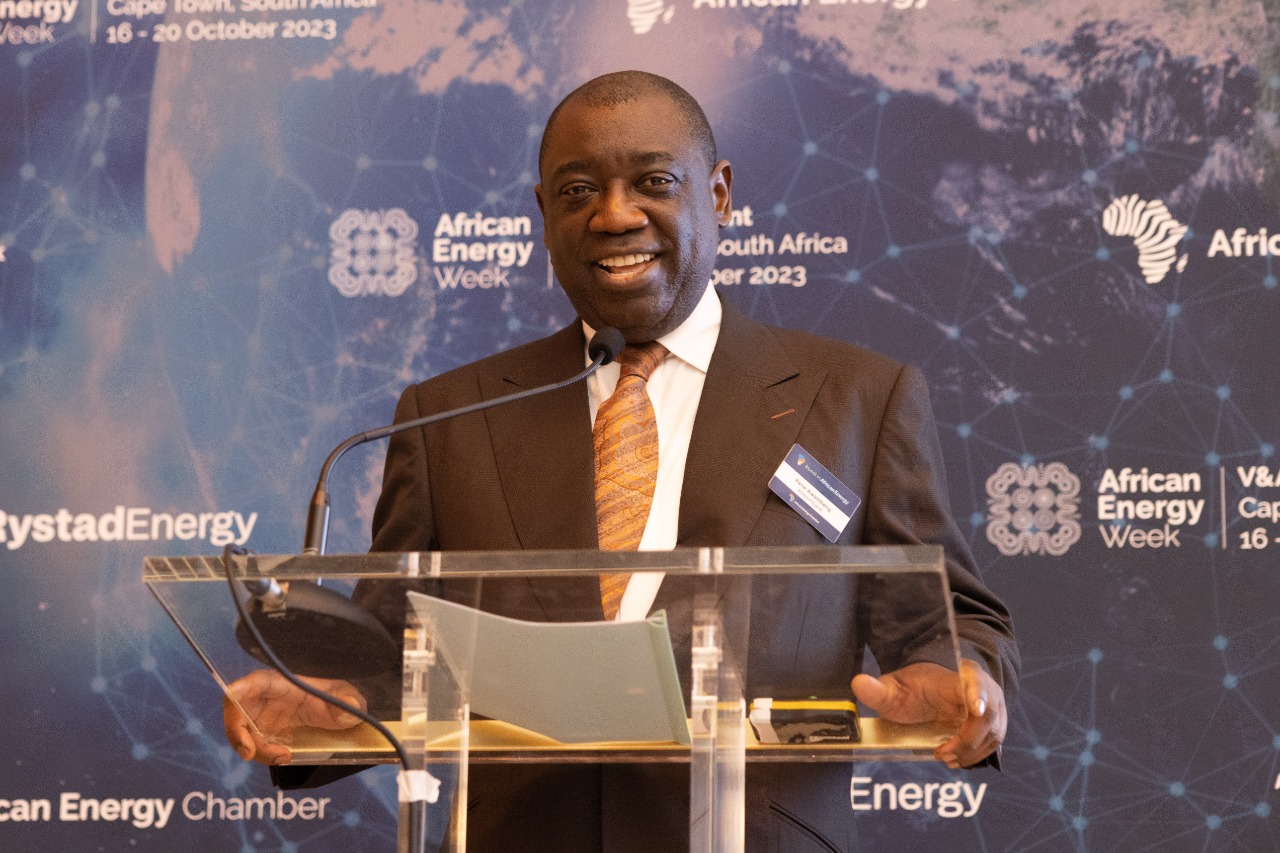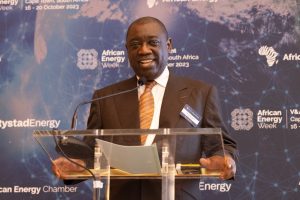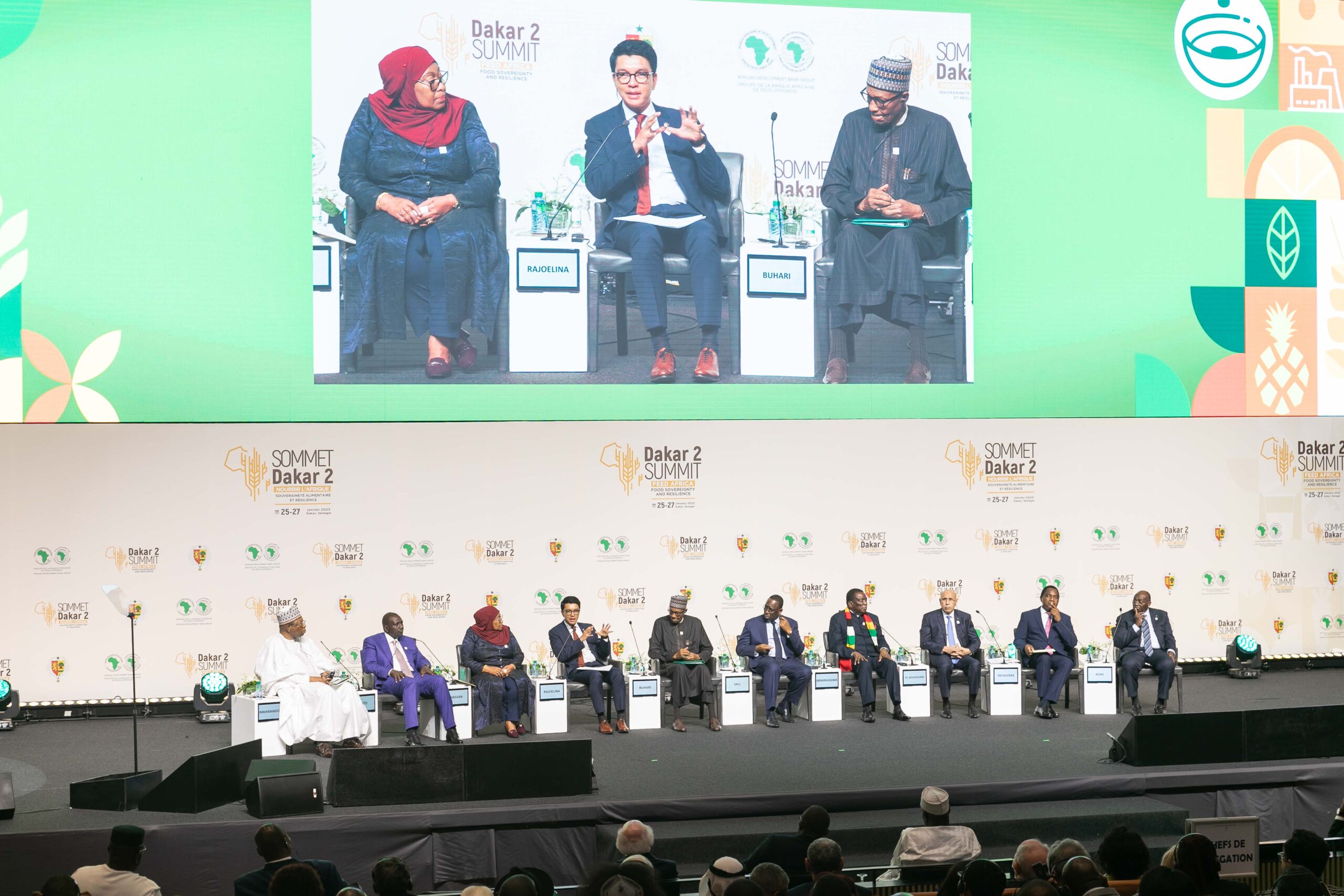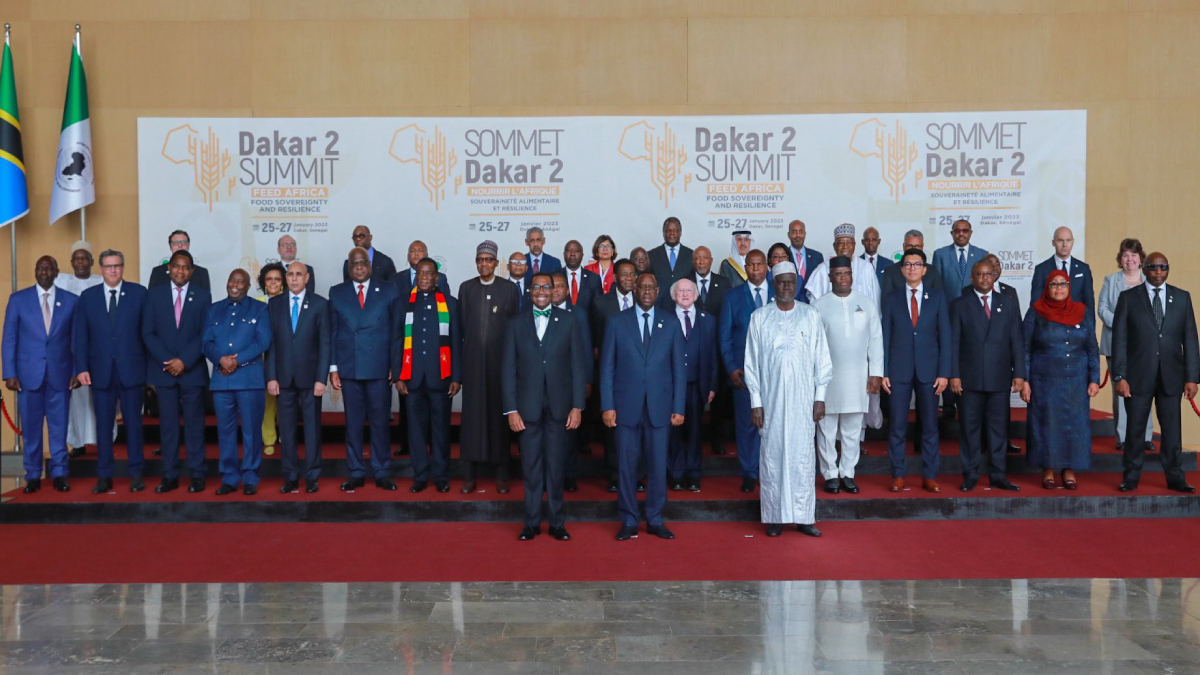Sunday 5th March Doha, Qatar: The President of the Republic of Seychelles, Mr. Wavel Ramkalawan earlier this afternoon delivered his general debate statement before the 5th United Nations Conference on the Least Developed Countries (LDC5 presently being held in Doha, Qatar.
With the participation of over 40 Heads of State and Government and several high-level officials, the LDC5 which is set to identify actions and partnerships at the highest possible level, including Heads of State and Government, to deliver on the LDC5 proposed agenda.
During his statement, the President laid emphasis on the importance of collective approach required to attain set goals and targets. He stated that although Seychelles does not form part of the least developing countries, being present at the Conference shows that Seychelles stands united with other fellow SIDS and African countries in advocating and understanding their needs.
“Our world has changed drastically since the 4th United Nations Conference on the Least Developed Countries and the adoption of the Istanbul Political Declaration and Programme of Action for the Least Developed Countries for the Decade 2011-2020. Since then, only three countries have graduated from LDC status. In an age where our economies, priorities and challenges are interlinked, no country should be left behind. All Governments and partners must respond decisively to address the challenges that we collectively face. Twenty per cent of LDCs are Small Island Developing States. And two-thirds of LDCs are African,” said President Ramkalawan.
He continued, “Seychelles is not an LDC. We have graduated to the High-Income Status. However, our presence here is a sign of solidarity, regional and global support for our fellow SIDS and Africans and a strong expression of seeking greater understanding and cooperation. No state should be punished for progress. Let not the so called “graduation” be another hurdle in meeting the needs of people and its communities”
The President underlined the fact that LCDs and the Small Island Developing States do face similar challenges and are vulnerable to similar factors. He noted that they do have potential for rapid growth and development which can only be realised through, “equal access to resources and opportunities that lead to economic growth and stability and improve the lives of citizens”. Furthermore, President Ramkalawan explained the impact of climate change and the difficulties for the LDCs to achieve its Sustainable Development Goals.
“Such inequality has resulted in a development imbalance, worsened by the unprecedented levels of greenhouse gas emissions, leaving our climate and ecosystems in peril. Developing countries stand to be disproportionately affected by the effects of climate change and must now face the challenges of global warming for which we share minimal responsibility. The goal of graduating from the LDC category and achieving the Sustainable Development Goals has never been more difficult in the face of such existential crises. A different set of challenges manifests itself in trying to maintain the status of “graduation” and in pursuing an upwards trajectory. Support needs to be extended in order for such countries to sustain their progress and thus ensure that traditional donor-recipient relationships are transformed into mutual partnerships,” said the Head of State.
In advancing the support for finance, President Ramkalawan called for the support of the adoption of a Multidimensional Vulnerability Index to benefit vulnerable countries. Furthermore, he placed emphasis on the South-South cooperation to strengthen and sustain long term partnerships.
“That is why, at every opportunity, I advocate for the global adoption of a Multidimensional Vulnerability Index. This offers a targeted approach that will not only complement but improve the efficacy of development cooperation, permitting countries in vulnerable situations to access concessional financing and address our needs. I also wish to emphasise the importance of South-South cooperation. Solidarity and unity between countries of the South will provide for stronger and enduring partnerships. And collective advocacy of our shared interests will contribute to mobilising resources, and ensure they are distributed equitably to serve our developmental needs,” he said.
To conclude, President Ramkalawan, from the SIDS and LDC’s perspectives, expressed his hope that the Doha Programme of Action is used to its full advantage and that every country embraces progress and sustainable development so that they could all gather in the future stronger and more resilient.
“SIDS and LDCs share similar concerns but from different perspectives. And it is imperative that we work together to mobilise maximum, effective, equitable, long-term support to lock in growth and prosperity. It is also imperative that we take ownership and primary responsibility for our respective countries and people through good governance, inclusiveness, transparency, respect for human rights, the eradication of corruption and in standing as strong advocates in defending climate change, what I call the Seychelles way, that we will embrace progress and sustainable development”
“It is my hope that, in the not too distant future, we shall have a gathering of strong and resilient states, with poverty and under-development no longer an affliction of the many,” he concluded.
During the LDC5 Conference in Doha, world leaders are gathered with the private sector, civil society, parliamentarians, and young people to advance new ideas, raise new pledges of support, and spur delivery on agreed commitments, through the Doha Programme of Action (DPoA).
Whilst at the Conference the President will also engage in various high-level thematic roundtables, and a series of parallel and side events on various thematic priorities of the DPoA which are directly relevant to Seychelles.
Source:(State House News,Seychelles)
